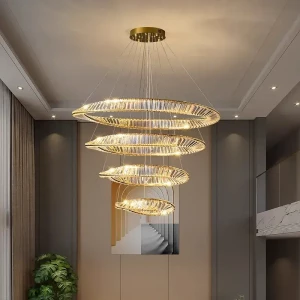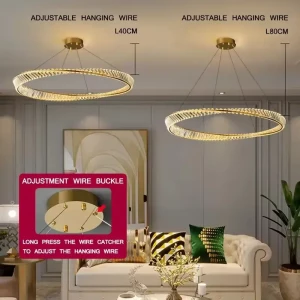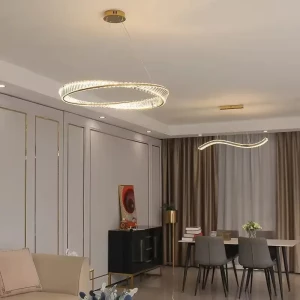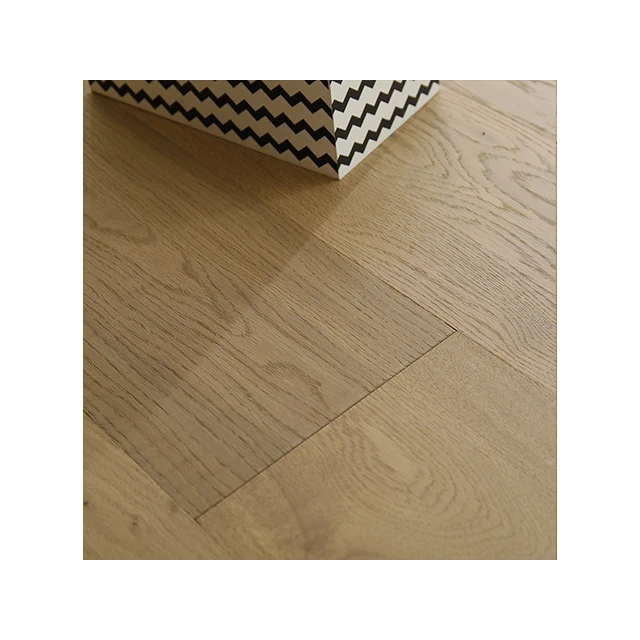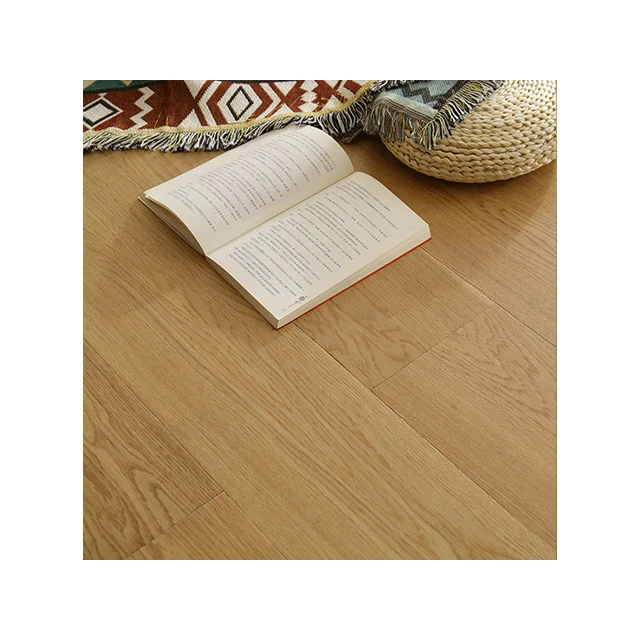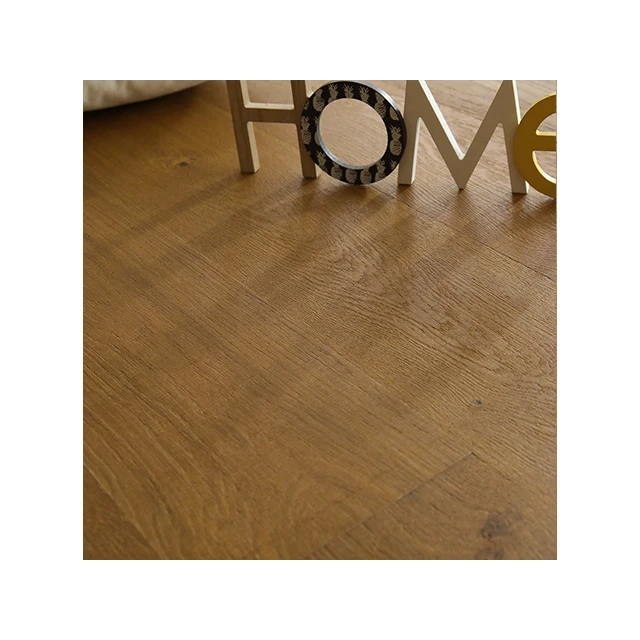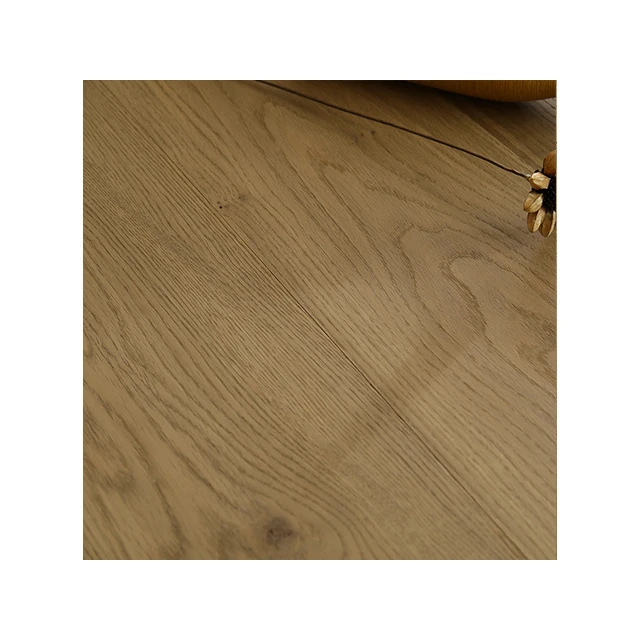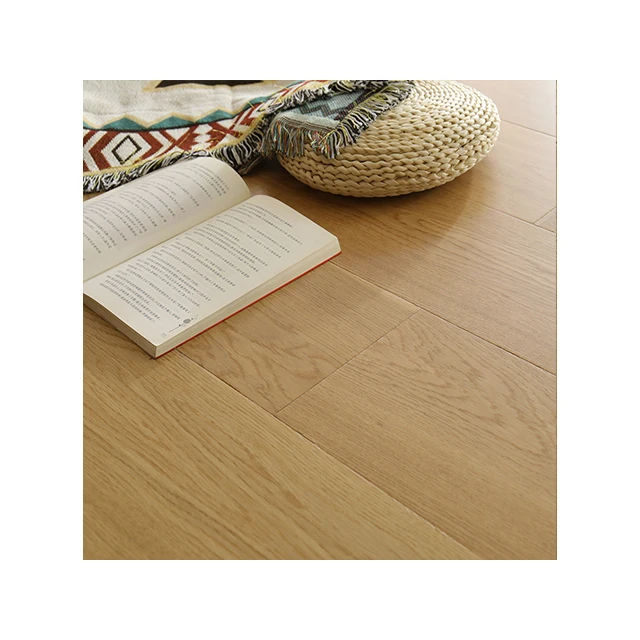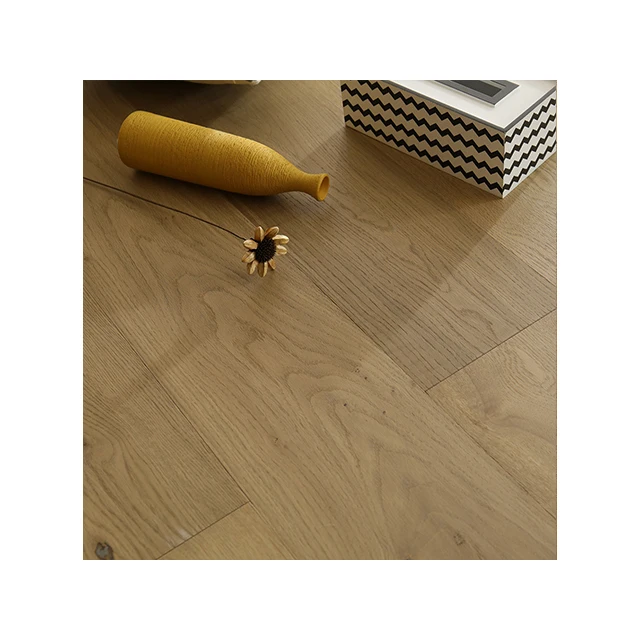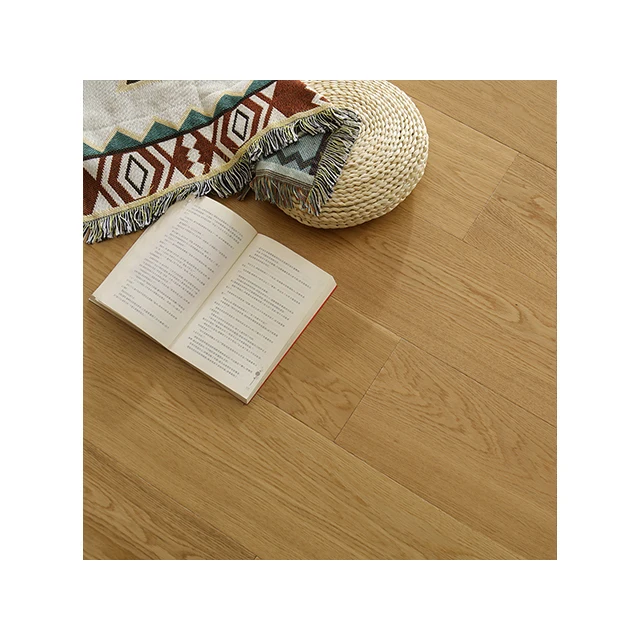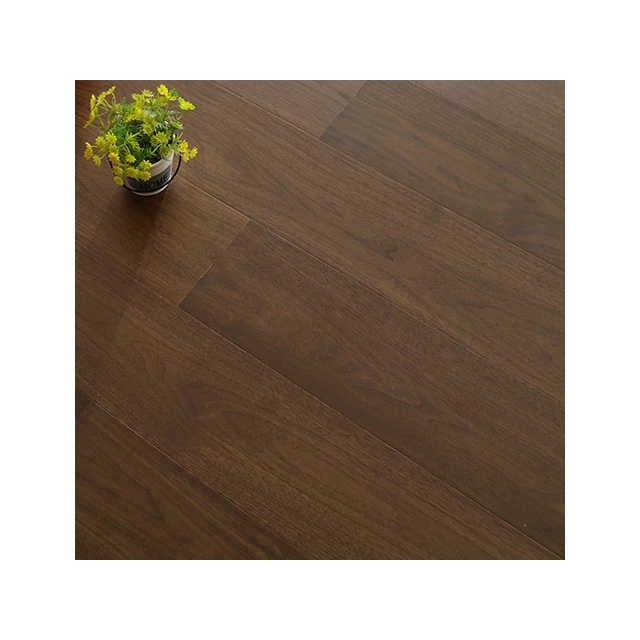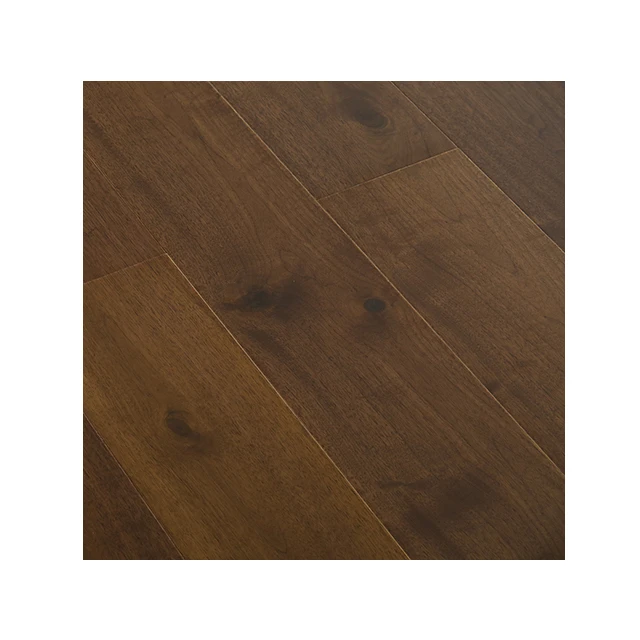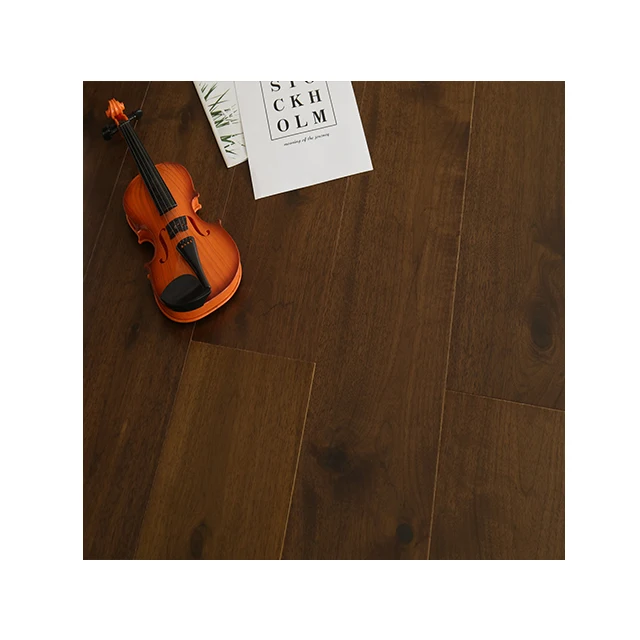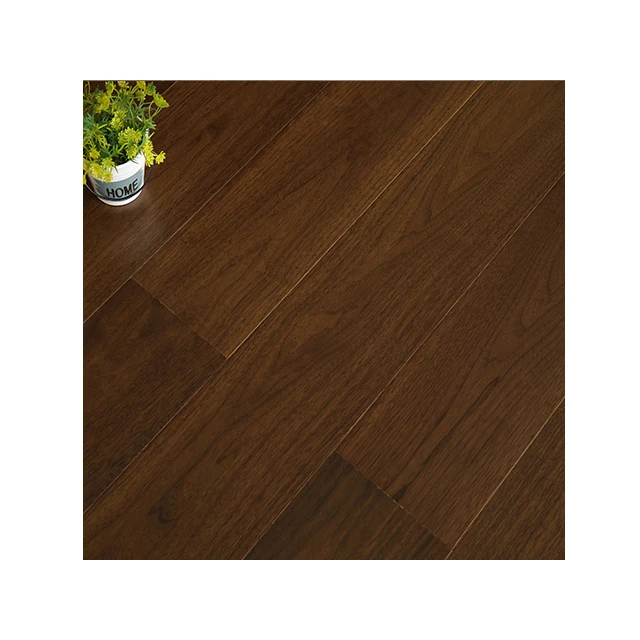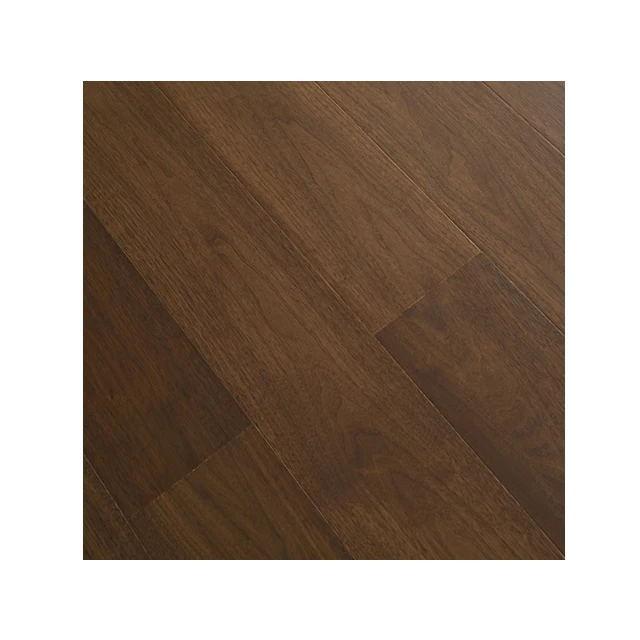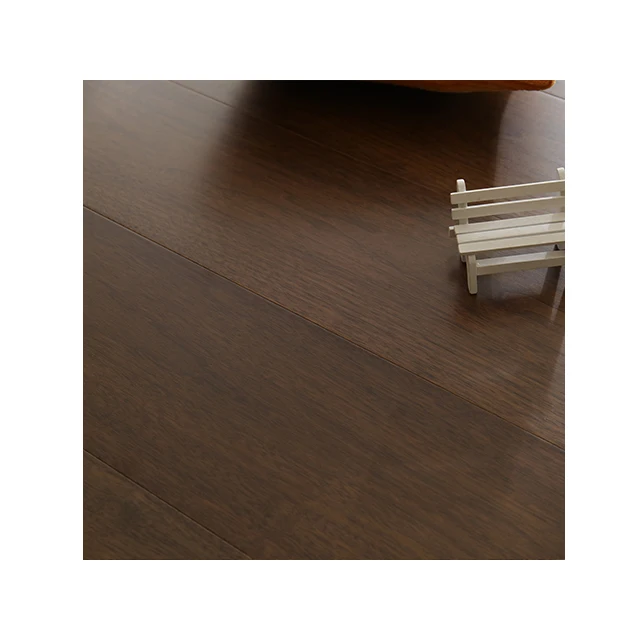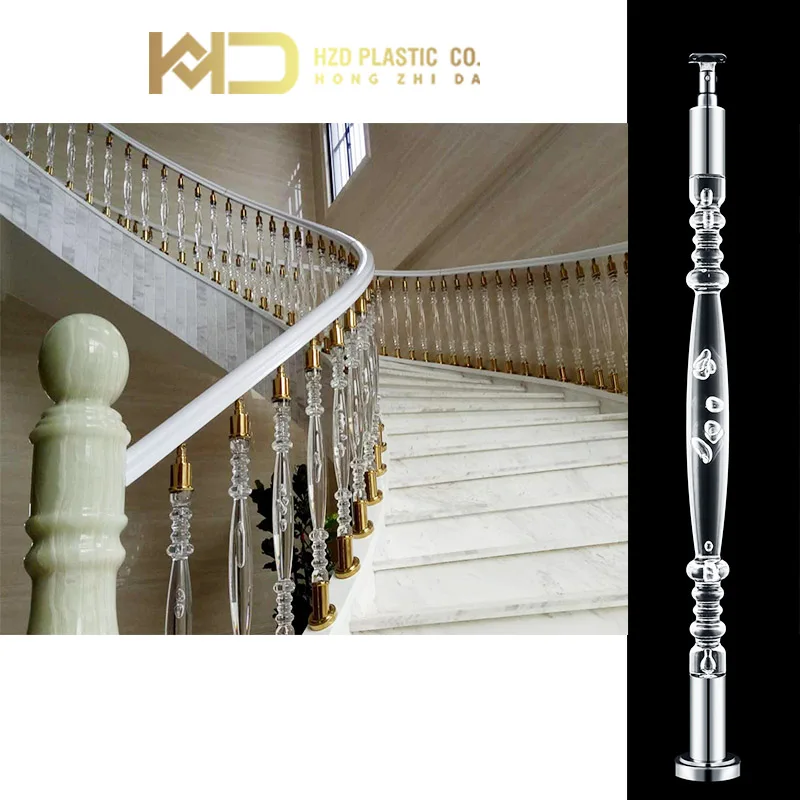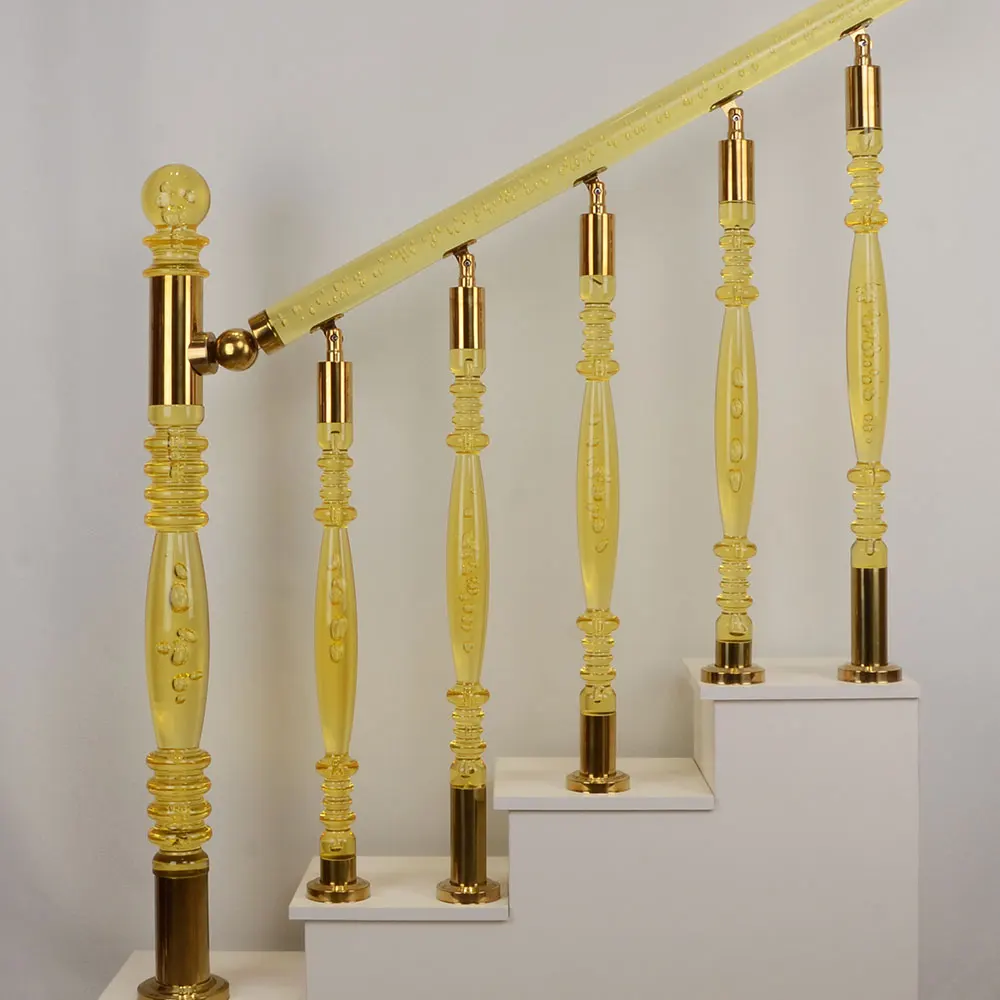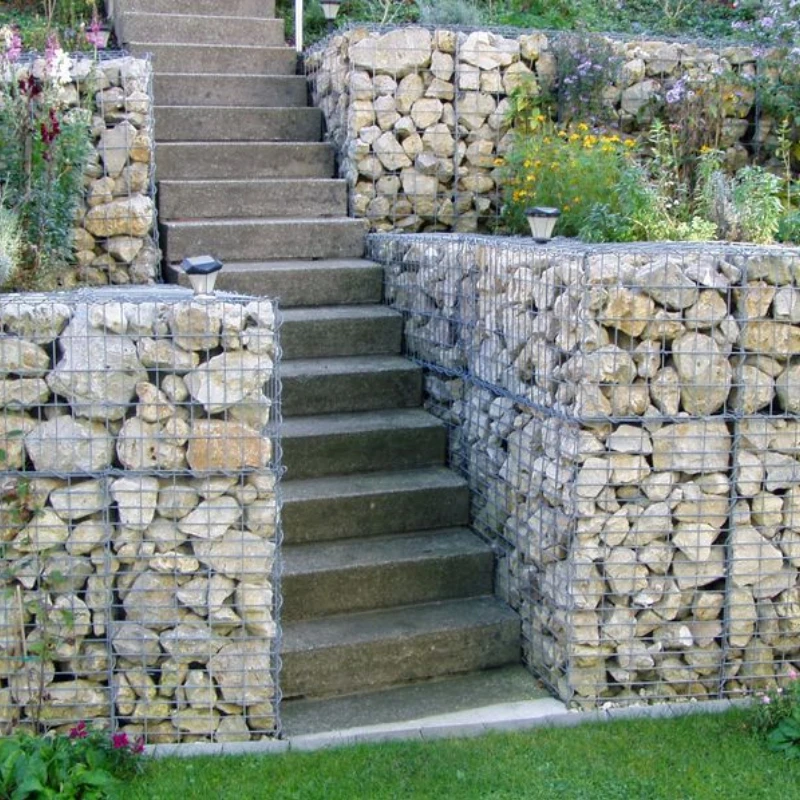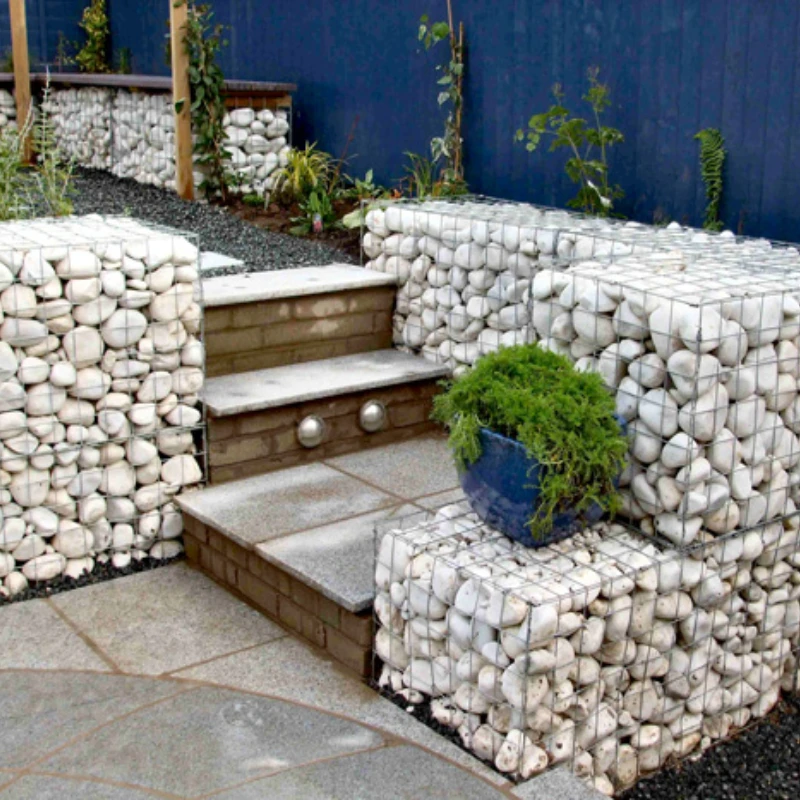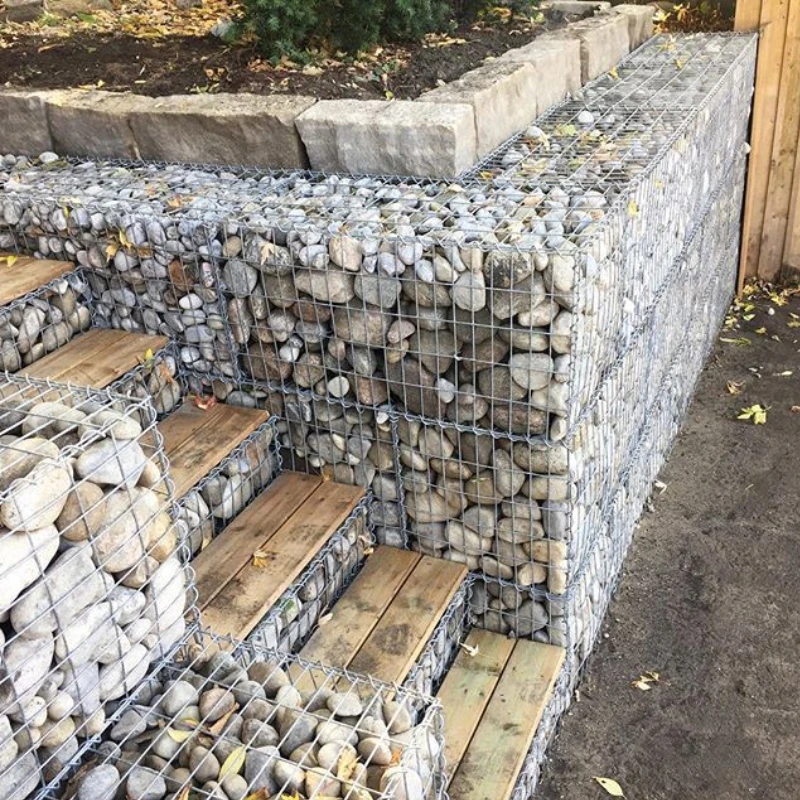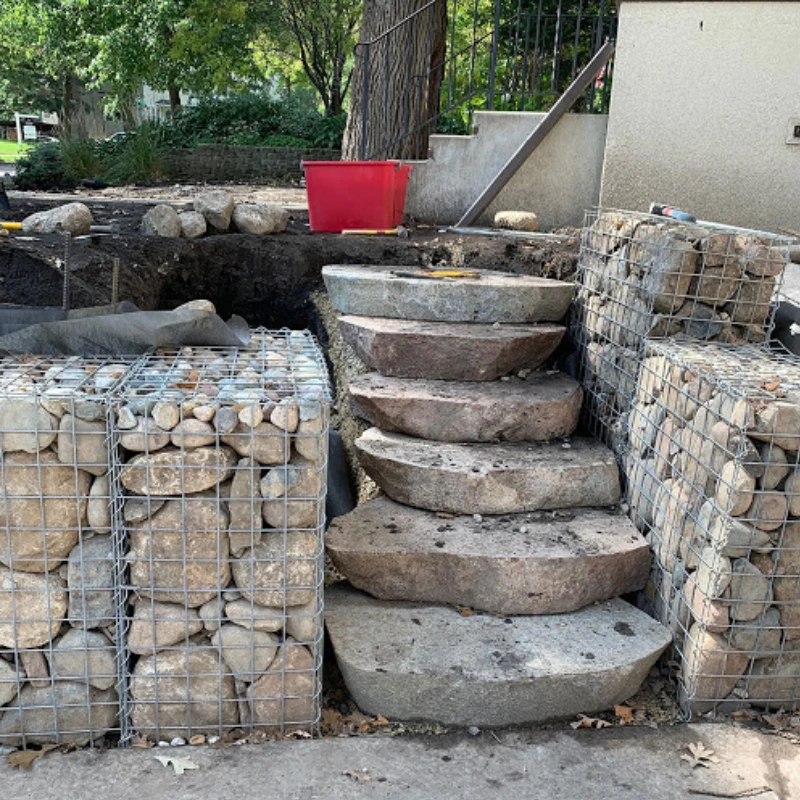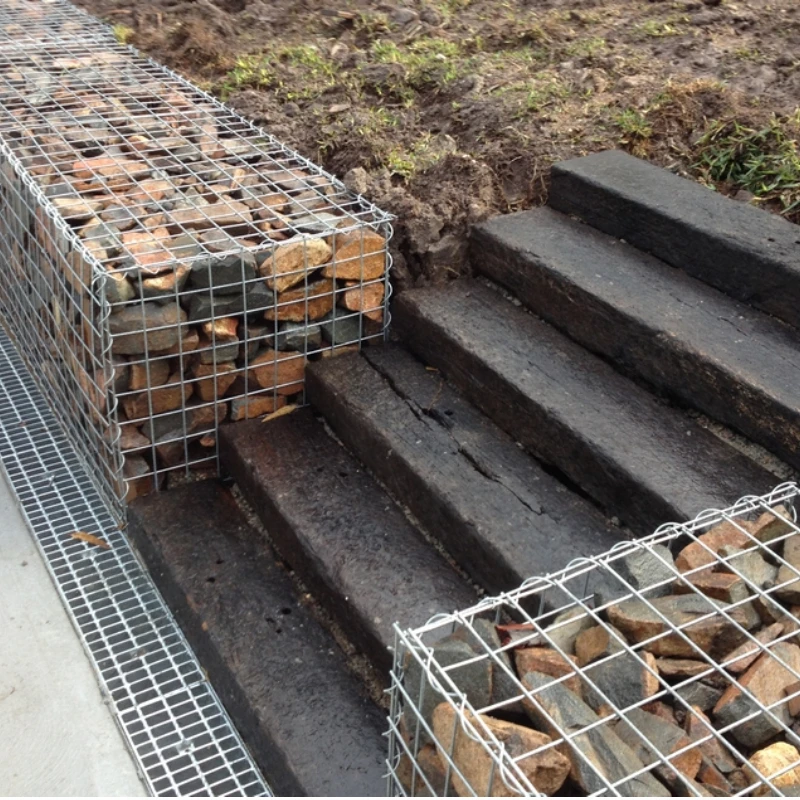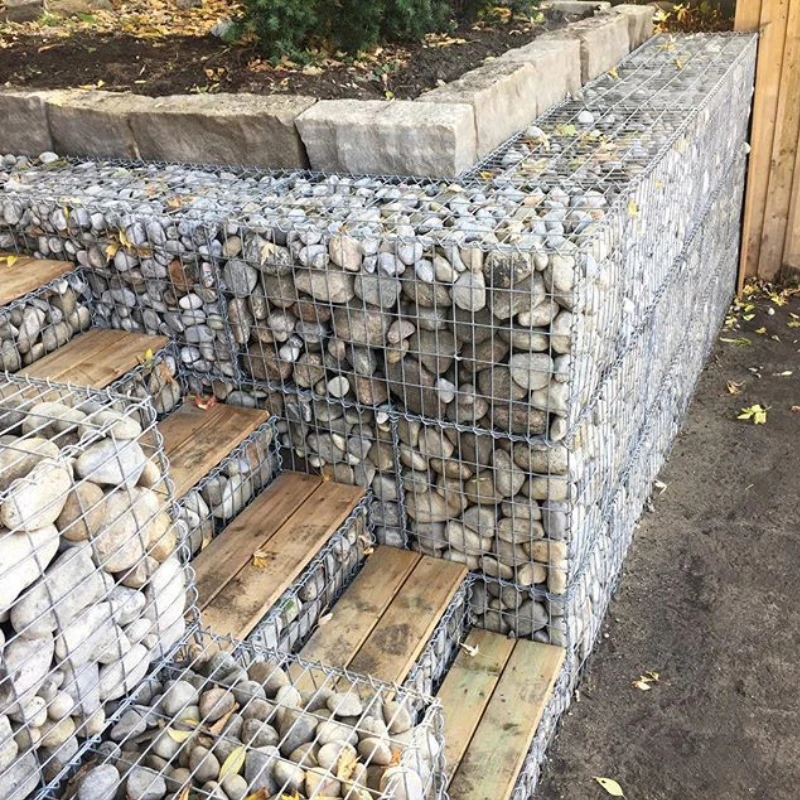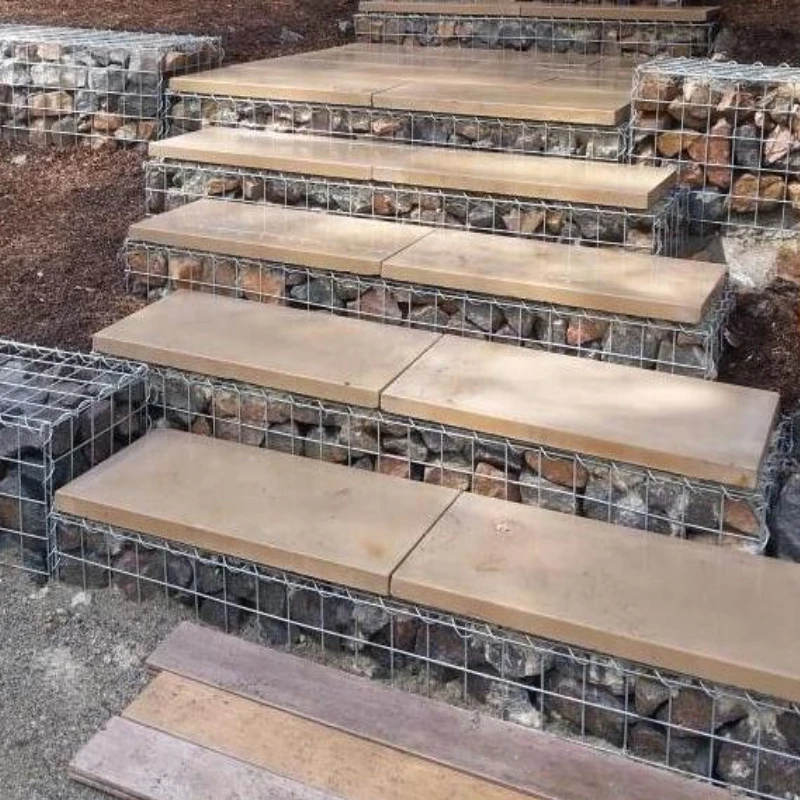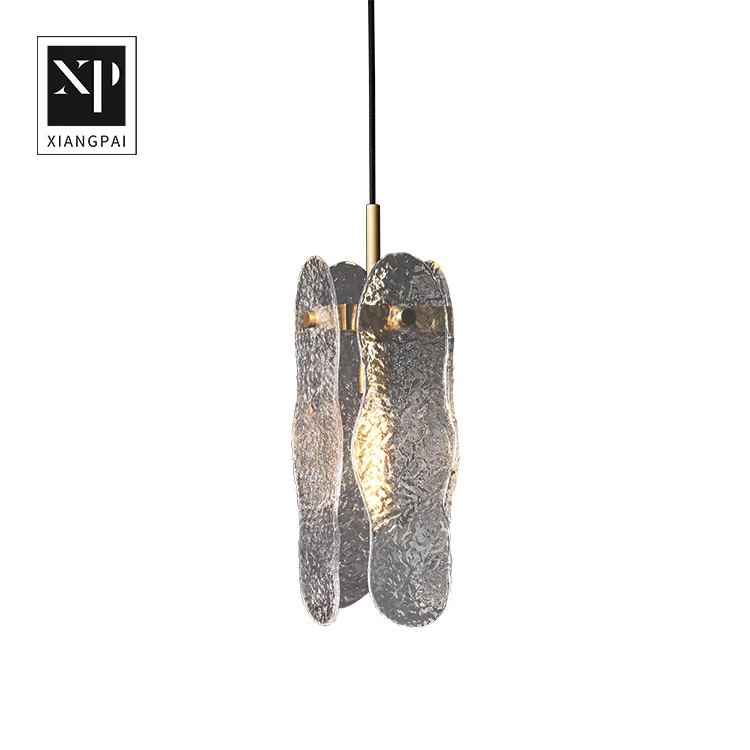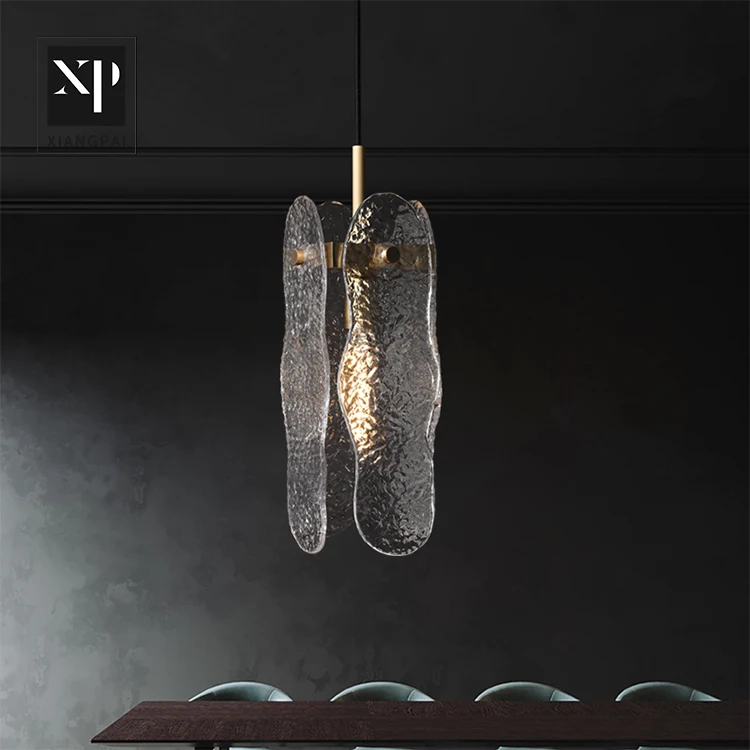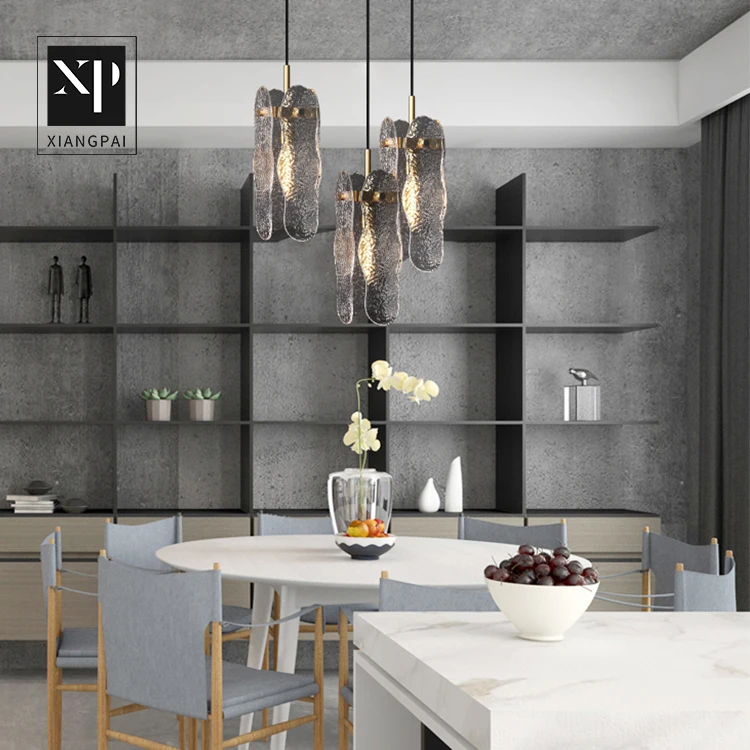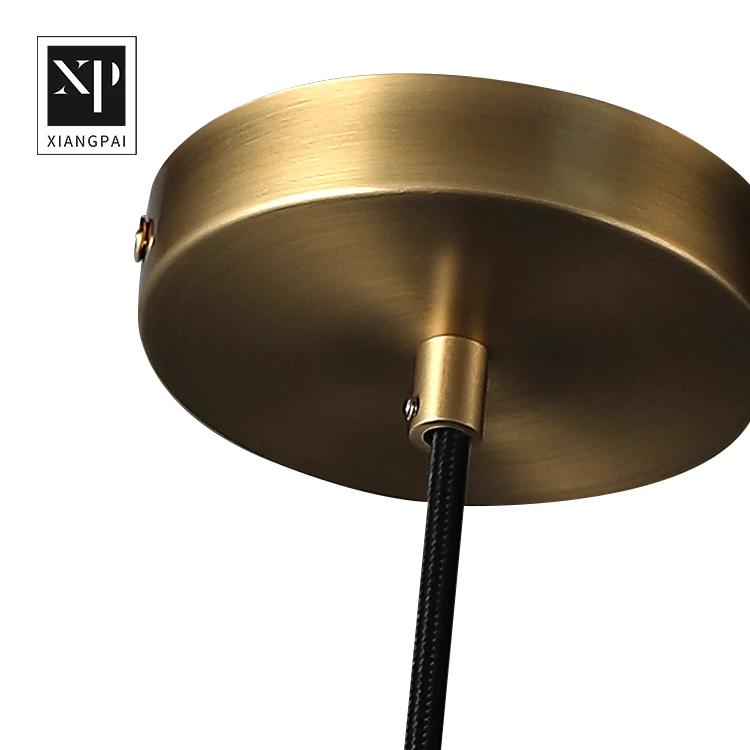Stairs: How to Source Quality and Affordable Options from China in 2025
When it comes to sourcing stairs for your home or commercial project, China offers a wide range of high-quality and cost-effective options. Whether you're looking for modern designs or traditional styles, understanding the market and key considerations can help you make an informed decision. This guide covers everything you need to know about buying stairs from China in 2025.
How to Find Reliable Stairs from China in 2025
Finding a trustworthy supplier for stairs in China requires research and due diligence. Start by exploring platforms like Alibaba, Made-in-China, and Global Sources, which list verified manufacturers. Look for suppliers with high ratings, positive reviews, and certifications such as ISO 9001. Request samples to assess quality firsthand and verify the supplier's production capacity. Additionally, consider working with a sourcing agent who can help navigate language barriers and logistics.
What Buyers Should Know Before Buying Stairs from China
Before purchasing stairs from China, consider factors like material quality, customization options, and lead times. Ensure the supplier uses durable materials such as solid wood, metal, or engineered wood. Discuss customization needs, including dimensions, finishes, and design details. Be aware of shipping costs and import duties, which can impact the total price. Finally, confirm the supplier's after-sales support and warranty policies.
Types of Stairs
Straight Stairs: The most common type, ideal for simple and space-efficient designs.
L-Shaped Stairs: Feature a 90-degree turn, offering a compact solution for corners.
U-Shaped Stairs: Include two flights with a 180-degree turn, perfect for grand entrances.
Spiral Stairs: Compact and stylish, suitable for tight spaces.
Floating Stairs: Modern and minimalist, with treads that appear to float.
Functions and Features of Stairs
Stairs serve both functional and aesthetic purposes. Key features to consider include:
Safety: Non-slip treads and sturdy handrails are essential.
Durability: High-quality materials ensure longevity.
Design: Custom finishes and styles can enhance your space.
Space Efficiency: Compact designs maximize usable area.
Scenarios of Stairs
Stairs are used in various settings, including:
Residential Homes: Connecting floors in houses and apartments.
Commercial Buildings: Offices, hotels, and retail spaces.
Industrial Facilities: Factories and warehouses.
Public Spaces: Schools, hospitals, and museums.
How to Choose Stairs
Selecting the right stairs involves:
Assessing Your Needs: Consider the space, traffic, and design preferences.
Material Selection: Choose based on durability, maintenance, and aesthetics.
Budget: Balance cost with quality and long-term value.
Installation: Ensure the supplier provides clear instructions or professional installation services.
Stairs Q & A
Q: What materials are best for stairs?
A: Solid wood, metal, and engineered wood are popular for their durability and aesthetics.
Q: How long does shipping from China take?
A: Typically 30-60 days, depending on the supplier and shipping method.
Q: Can I customize stairs?
A: Yes, many suppliers offer customization for dimensions, finishes, and designs.
Q: Are Chinese stairs affordable?
A: Yes, China offers competitive pricing without compromising quality.
Q: What certifications should I look for?
A: ISO 9001 and other industry-specific certifications ensure quality standards.


